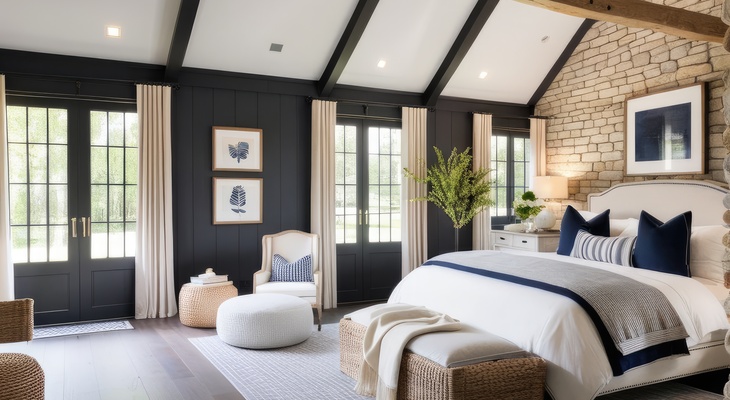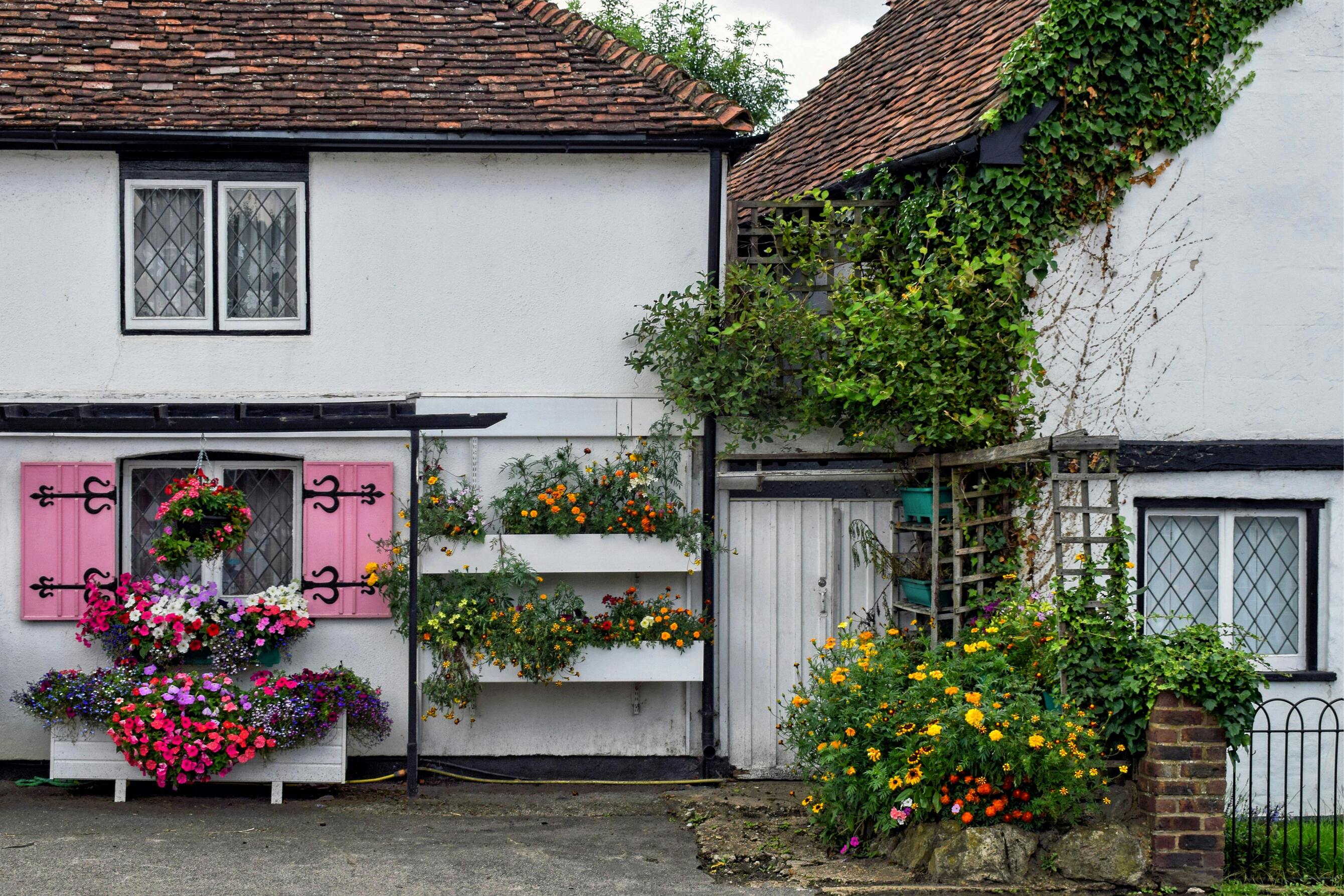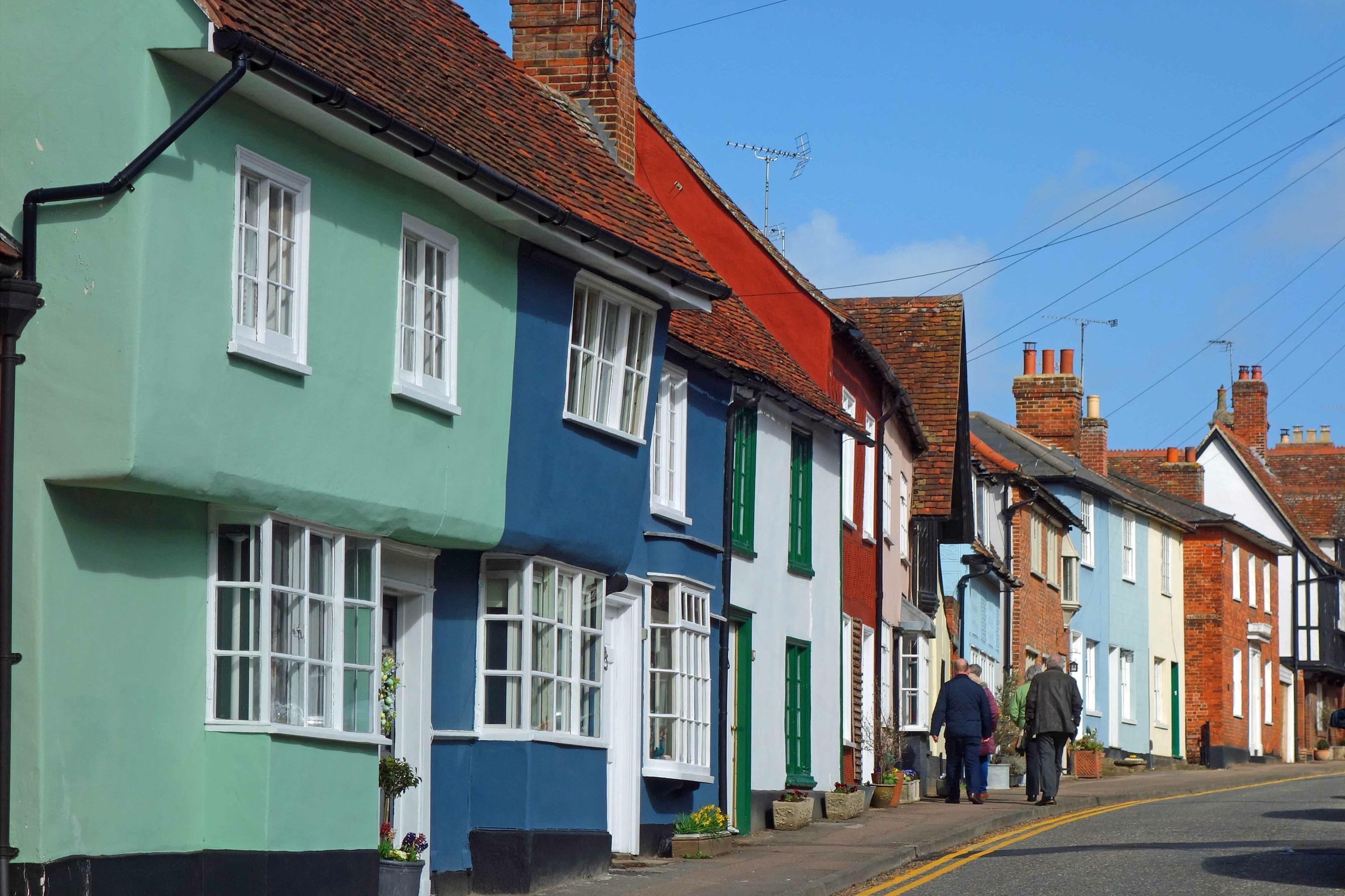Guide to buying a converted property
Buying a converted property is a great way to move into a home full of unique character and charm that you can style to your own desires. Let’s take a look at what types of converted properties there are, the advantages of them, and what considerations you should make when buying one.
Types of converted properties
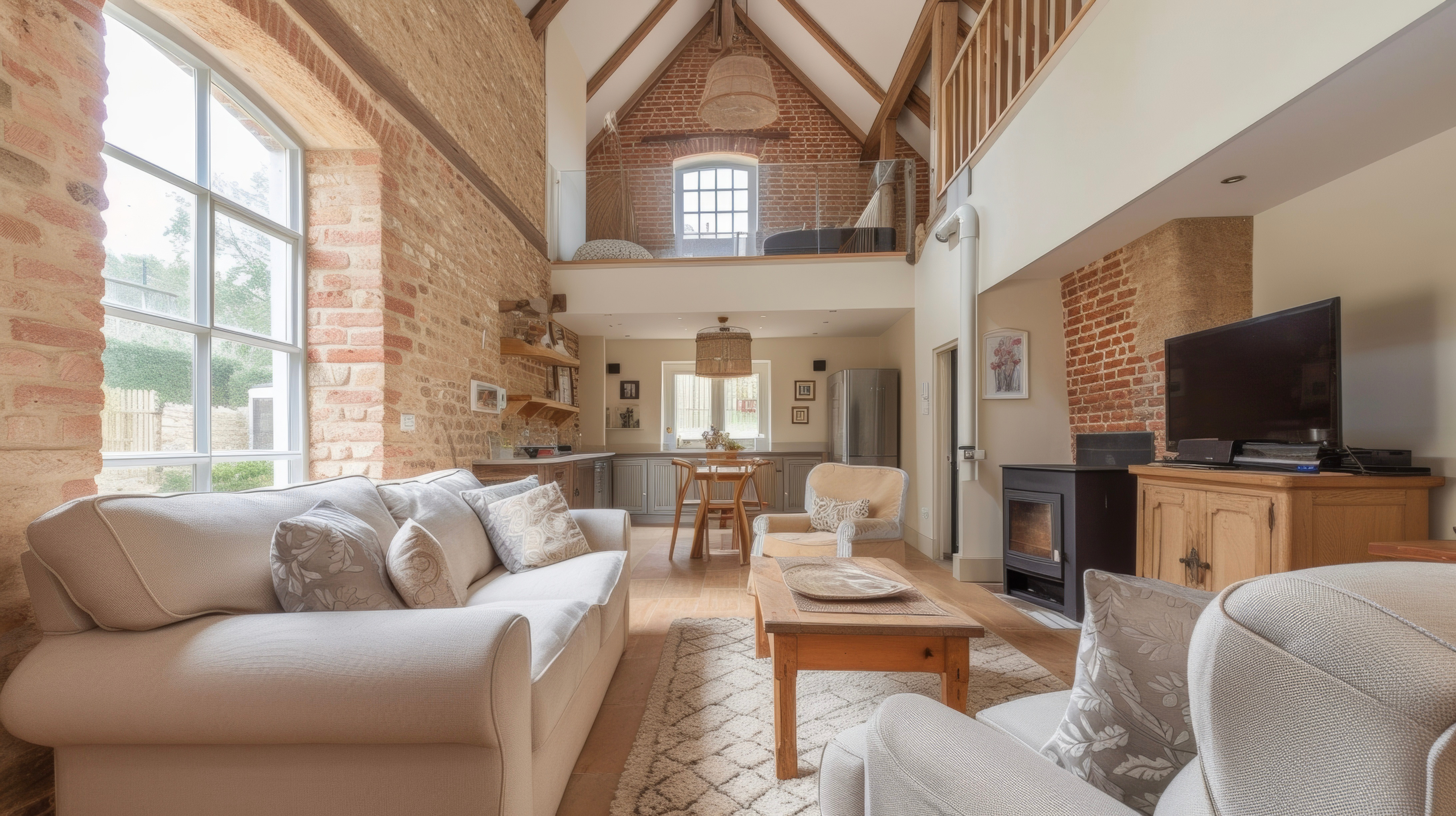
From historical buildings to repurposed industrial spaces, there are a wide range of building types that can be converted into stylish new properties.
The most common type of property conversion is a commercial office being turned into a residential flat as a result of a developer having unused offices that they are struggling to let. For this type of conversion, the developer usually only requires ‘Prior Approval’ rather than full planning permission.
As urban living becomes more sought-after, old public houses are increasingly being transformed into residential properties. The closure of a pub can free up space to build a large house or sometimes even multiple flats.
Other property conversions include old barns, factories, and even warehouses. Old churches and schools can also be converted into residential properties, giving unused buildings a new lease of life in the property market.
The appeal of converted properties
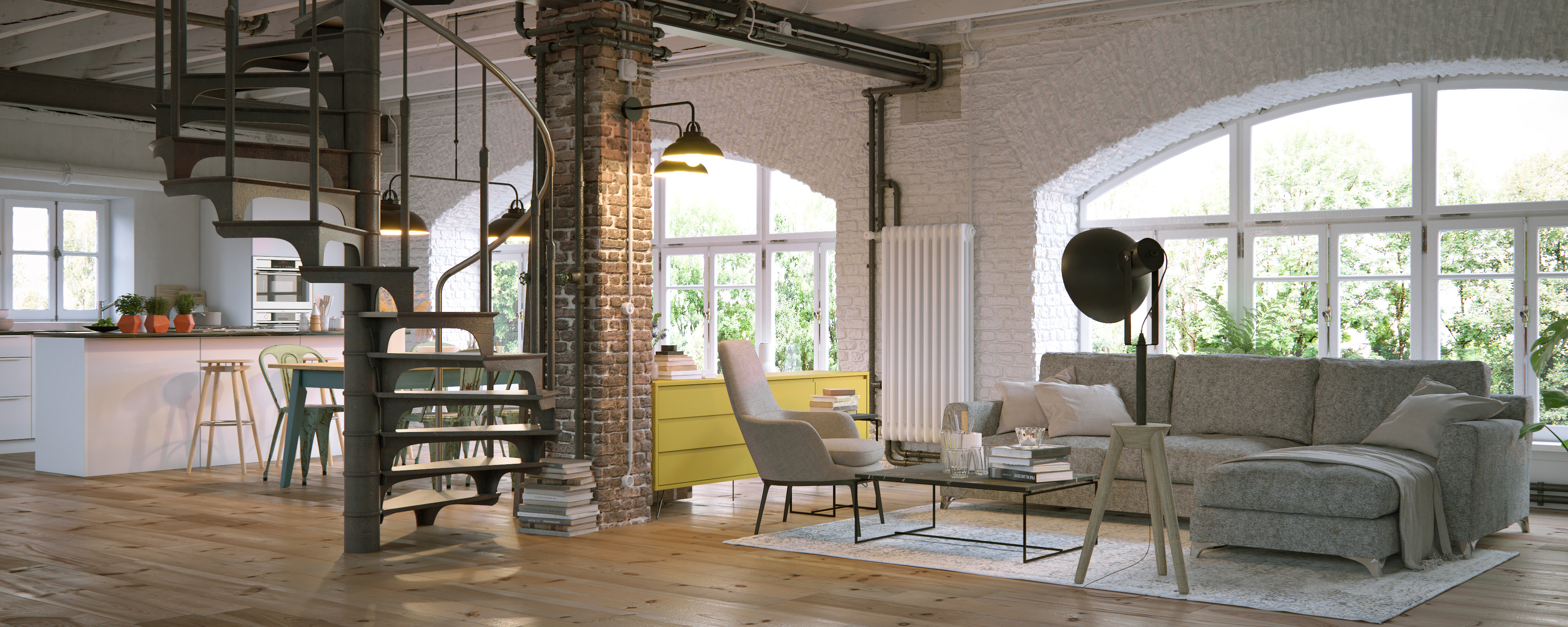
There are a range of reasons why converted properties have great appeal and could be the ideal new home for you.
Firstly, converted properties are typically less expensive than most standard properties. Their lower initial price can also be linked to the repurposing of existing buildings, which reduces construction costs for the developer.
It is common for properties to increase in value quite significantly over time. This is because they are relatively cheap to buy initially, and then the high demand for urban living from students and professionals tends to drive up the property’s value.
Converted properties also tend to have a unique charm and character in comparison to purpose-built properties. People are often attracted to the way converted properties are able to blend old architectural elements with modern amenities, with original features such as exposed brick walls, wooden beams, and stained-glass windows giving properties a unique selling point.
Things to consider when buying a converted property
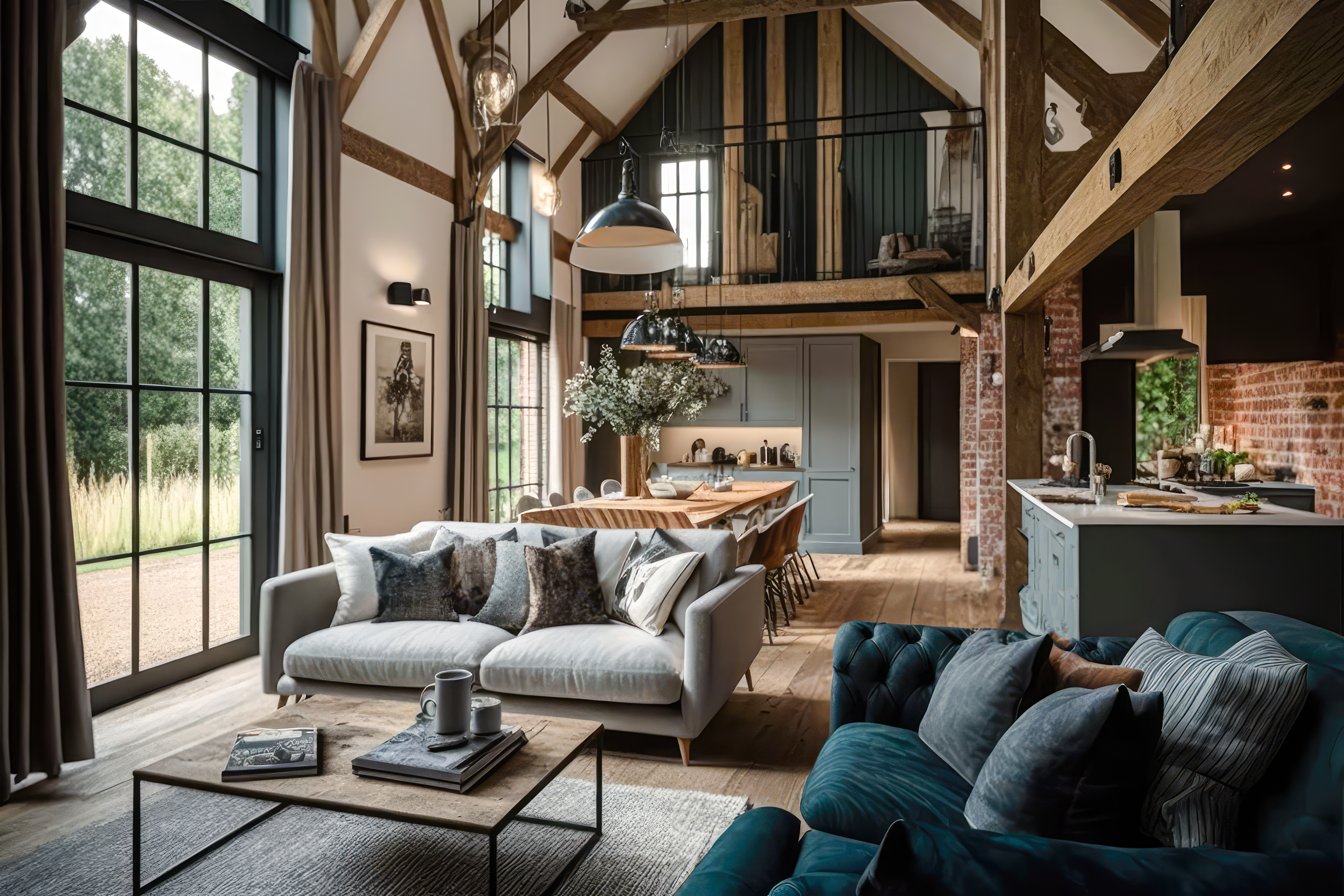
There are a range of things to consider when buying a converted property, such as:
-
Conversion quality: If you’re considering purchasing a converted property, you should make sure to assess the quality of the conversion. Due to the fact that these properties are not purpose-built, it is important to consider factors such as structural integrity, energy efficiency, and functionality. You should also make sure that the conversion meets all relevant building regulations.
-
Maintenance requirements: Converted properties often come with different maintenance requirements, as ageing buildings and unusual structures cause unique challenges. It is important to factor any potential maintenance work into your budget before you buy a converted property.
-
Your mortgage: As with all homes, it is important to explore your mortgage options. Some lenders specialise in converted properties, so it is essential to conduct thorough research that allows you to make informed financial decisions.
-
Location: As converted properties are sometimes found in busy urban areas, it is important to consider the traffic and noise in the property’s surrounding area. You should also check to see how close your car can be parked to your new property.
Why you should use an estate agent
By using their experience and expertise, an estate agent can help you navigate the process of buying a converted property. They possess a great understanding of the market, which allows them to guide you through the advantages and disadvantages of converted properties to help you make well-informed decisions.
Contact us today
Top tips to find your perfect home this spring
How to tell if an area has a good community spirit
The best places to live in the UK
How to buy a forever home
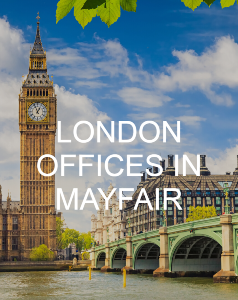
Neville & Neville Estate Agents
London Office
121 Park Lane
Mayfair
London
W1K 7AG
London Mayfair:
0203 0965353

Neville & Neville Estate Agents
East Sussex Office
Forge Meadow, Hammer Lane
Cowbeech, East Sussex
BN27 4JL
East Sussex:
01323 833630
contact@nevilleandneville.co.uk
LONDON OFFICES
WE HAVE THE BUYERS YOU NEED!
NATIONAL & INTERNATIONAL MARKETING

